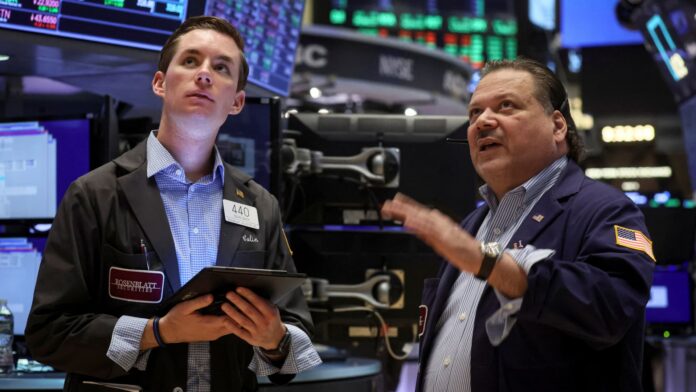It’s a bit early in earnings season, since it’s mostly banks reporting so far. But there seem to be a few themes emerging: There aren’t as many companies beating estimates, and those that are don’t seem to be beating by as wide a margin. The commentary is more cautious, led by JPMorgan CEO Jamie Dimon’s comment yesterday that there was a wide range of outcomes on where the economy goes from here. Analysts are finally starting to bring down estimates for the second half. BlackRock : Assets under management were lower, but don’t kid yourself: They’re still pulling in money. The headlines say BlackRock ‘s second-quarter profit fell 22%, but much of this was due to the economic downturn. Look deeper, though. BlackRock’s assets under management were roughly 6% lower than the prior quarter, but that’s largely because prices are down. There were still healthy inflows, which is what matters. Evercore ISI noted there was $69 billion of long-term organic growth inflows last quarter, which amounted to 3% organic growth. That is pretty good given the choppy environment. Institutional flow was positive at $26 billion. The iShares ETF platform, the world’s largest, continues to rake in money. iShares pulled in $52 billion in inflows, which according to Morningstar likely surpassed that of its bitter rival, Vanguard. Not surprisingly, asset managers like BlackRock are among the worst performers this year. BlackRock shares are down 35%. T. Rowe Price shares are off 43%, and Janus Henderson have fallen 45%. That’s because many of them manage money for institutional investors. BlackRock runs a portfolio of mutual funds and the iShares ETF business. When prices drop a lot, like they have this year, the assets under management fall. These firms make money by charging fees, some of which are based on total assets, so when prices drop, so do the fees collected. Bottom line: The world’s biggest asset manager continues to pull in money.
© heardonwallstreet.com


